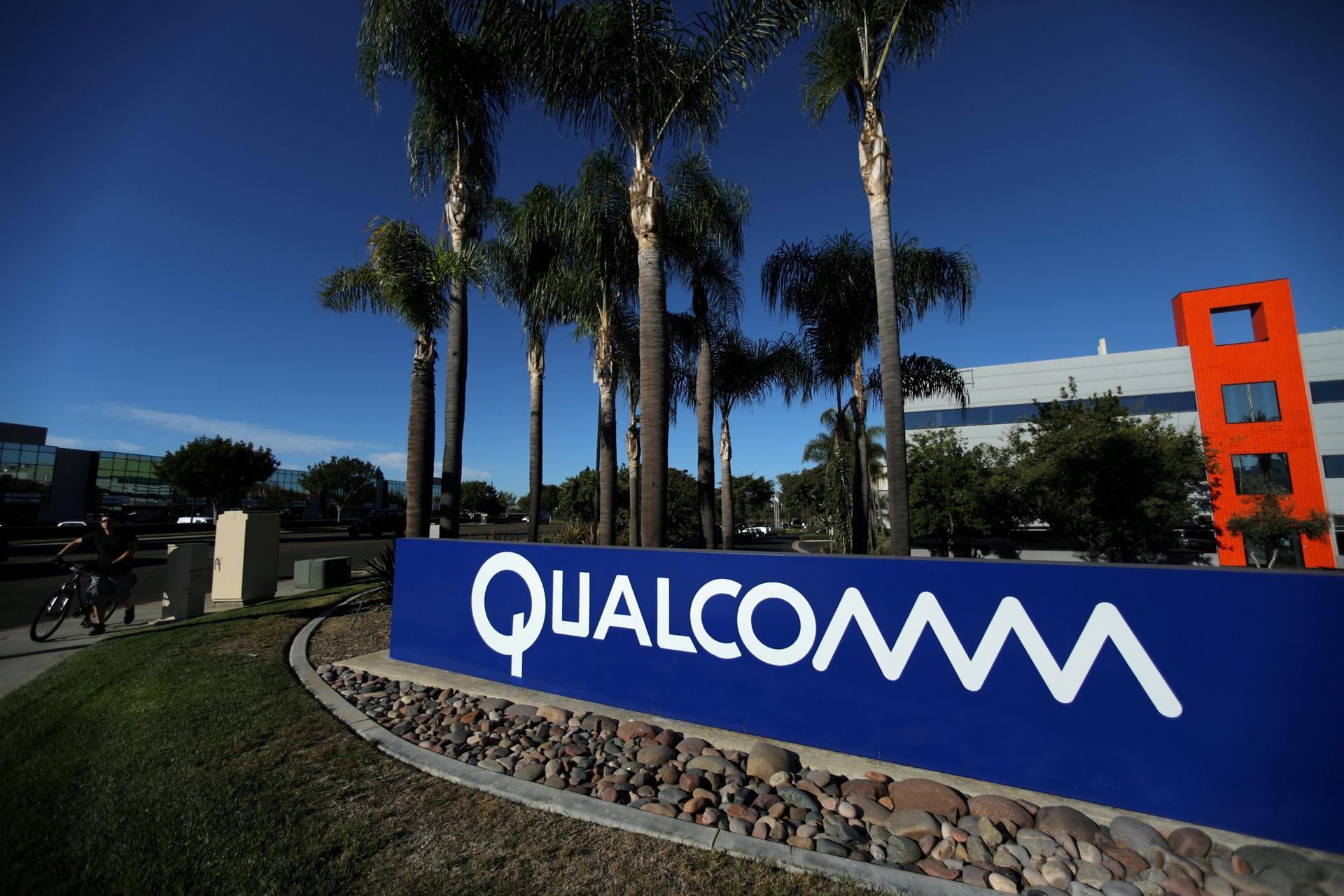Trump blocks Broadcom bid to acquire Qualcomm
SAN FRANCISCO

U.S. President Donald Trump on March 12 blocked an unsolicited bid by Singapore-based Broadcom to take over smartphone chipmaker Qualcomm, citing national security concerns.
Trump issued an order barring the proposed mega-acquisition, saying there is credible evidence such a deal “threatens to impair the national security of the United States,” according to a White House statement.
Qualcomm has emerged as one of the biggest competitors to China’s Huawei Technologies Co in the sector, making Qualcomm a prized asset.
The order came despite Broadcom’s assurances that it would complete its move to the United States by early April, ahead of a previously-planned Qualcomm shareholder vote on the $117 billion deal -- meaning any national security concerns were moot.
“Broadcom strongly disagrees that its proposed acquisition of Qualcomm raises any national security concerns,” the company said, adding that it was reviewing the order, as quoted by AFP.
The Treasury Department said in a letter over the weekend that Broadcom had violated a Committee on Foreign Investment in the United States order on three separate occasions by failing to give advance notice before taking actions such as lodging takeover-related securities filings in the United States.
A CFIUS investigation of the proposed acquisition so far has “confirmed” national security concerns earlier identified by U.S. officials, according to the letter.
Trump ordered Broadcom and Qualcomm to “immediately and permanently abandon the proposed takeover.”
The rival chip giants were told to notify CFIUS in writing that all aspects of the order had been followed.
A White House official on March 12 confirmed Reuters that the national security concerns related to the risks of Broadcom’s relationship with third party foreign entities.
“This deal was a bad idea from the start,” said analyst Patrick Moorhead of Moor Insights and Strategy.
Broadcom shares closed the trading day up 3.5 percent to $262.84 and gained slightly more in after-market trades.
Qualcomm shares sank 4.4 percent to $60.04 in the after-market.
Qualcomm, which makes most of the world’s microprocessors for smartphones, postponed its annual shareholders’ meeting after secretly requesting the national security review of Broadcom’s bid.
Qualcomm announced late on March 12 that the new meeting date will be March 23, and that the six Broadcom-backed candidates vying for spots on the 11 person board are off the ballot.
While they are rival chip companies, Broadcom and Qualcomm are very different in their approaches to the market, according to Moorhead.
Qualcomm is known for mobile chip innovations that set industry standards, for example in 5G wireless connection technology, he said.
In contrast, he said Broadcom is adept at using intellectual property developed by others and making products at low cost, referring to them as “implementers.”
Moorhead likened the idea of merging the companies to mixing oil and water.
















